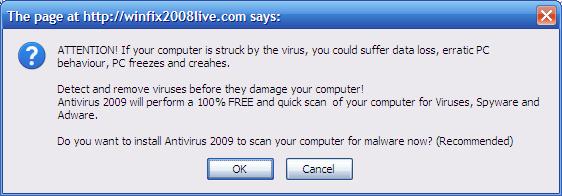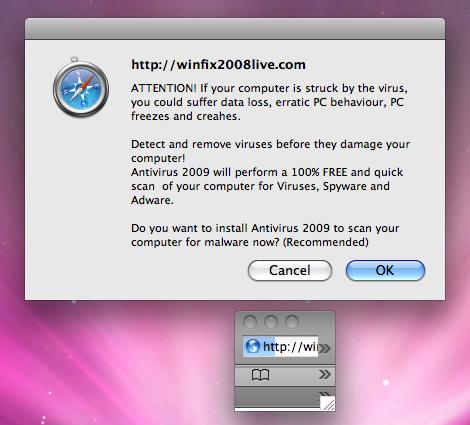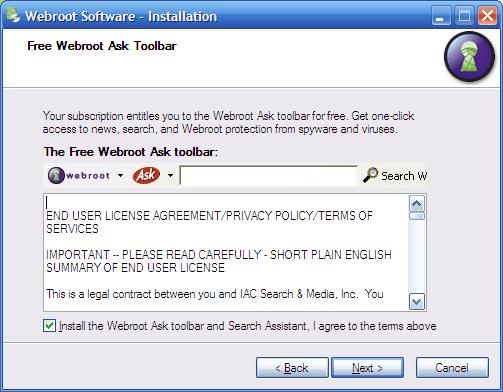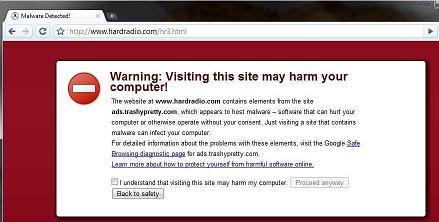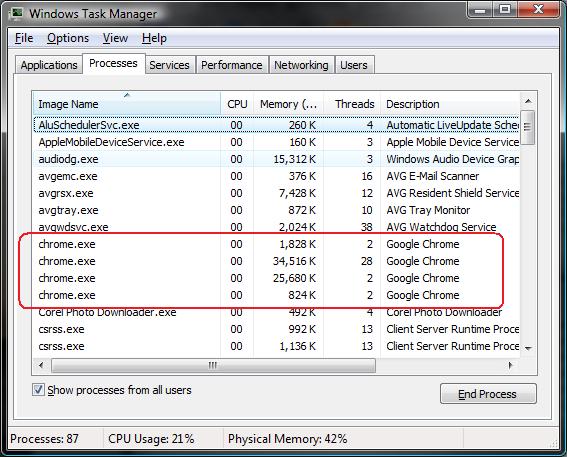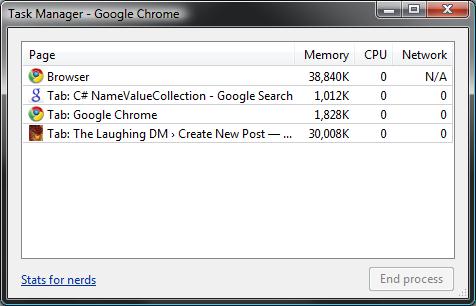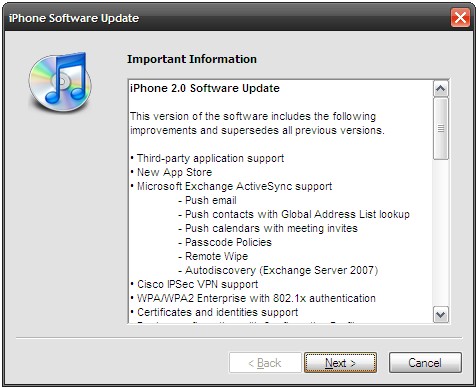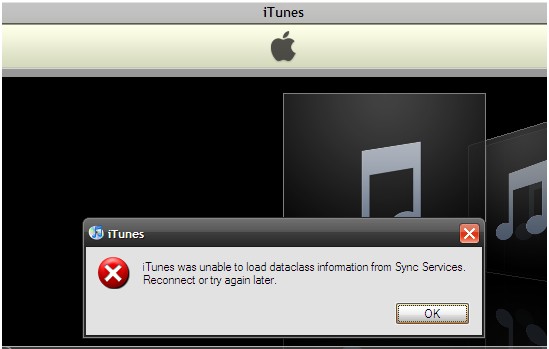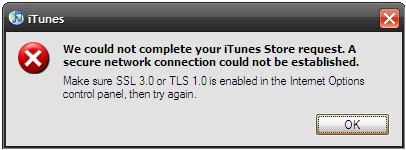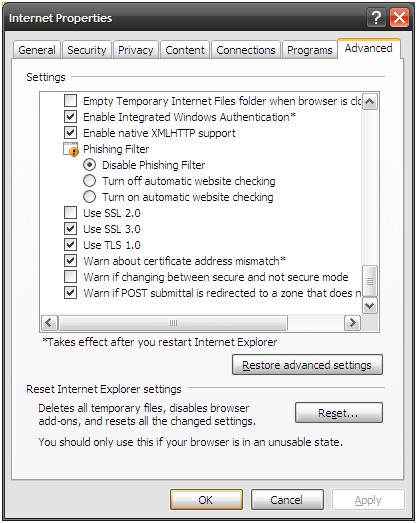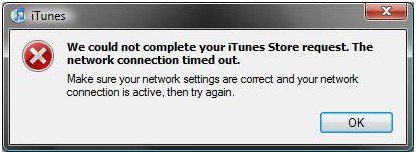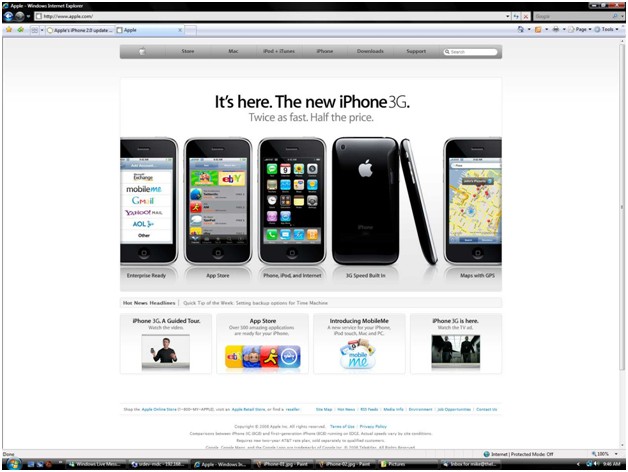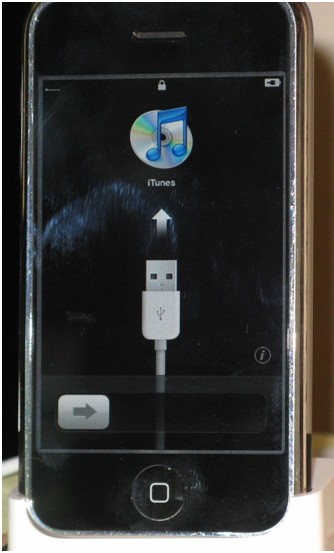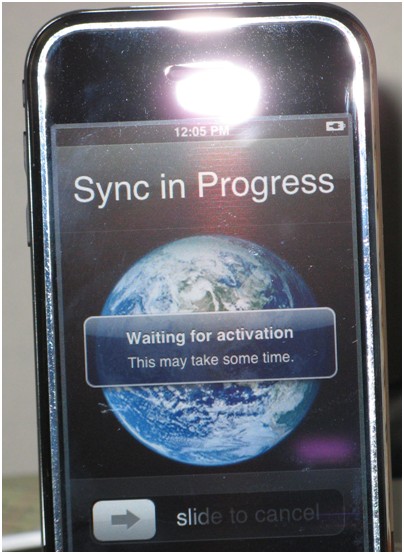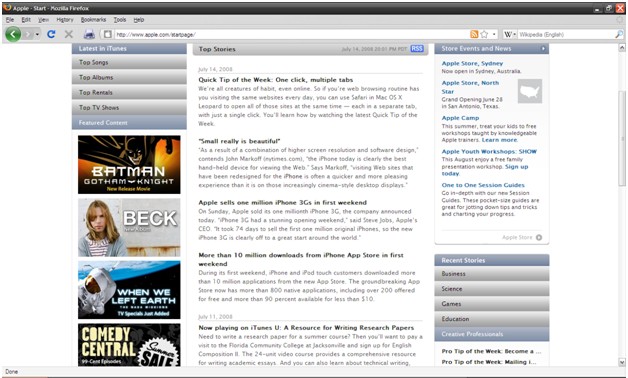Recently a co-worker sent an e-mail that was a forwarded message from a friend serving in the US military in Iraq. The message talked about how the war was very different than what was portrayed in the American media. The introduction to the forwarded message made specific reference to the “liberal media” and how “they” ignore the realities of American operations in Iraq. The “liberal media” phrase got me thinking.
“Liberal media” is a term that I hear bandied about quite frequently. It is usually used by conservative talk show hosts or politicians who feel that their views aren’t adequately represented by the main stream media outlets or, worse, that the media are somehow perpetrating a massive fraud on Americans to further the “liberal media” objective. What does “liberal media” really mean? Does the media really have a liberal bias? And if so is that bias really a bad thing for a liberal democracy such as America?
A liberal democracy is a society traditionally defined as one which respects the rights and freedoms of the individual and one where the government is selected by the individuals that comprise the society. This is sometimes also considered classical liberalism. It does not imply, as some suggest, the appropriation of private assets by the government (as in various forms of socialism), though such socialist activities if agreed to by a majority of the society could be part of liberal democracy. Strong liberal democracies tend to have very high levels of wealth relative to their less democratic neighbors.
Major American media outlets are owned by some of America’s, and the world’s, largest and most conservative corporations. ABC is owned by The Walt Disney Company; NBC by GE; CNN by Time Warner Inc.; and Fox by News Corp.
One would conclude from even a small sampling of the most well-known news outlets that if the corporate parent truly objected to the manner in which their news subsidiaries presented the news that the parent would act to “correct” any “liberal” bias in the selection and presentation of news. That they have not should be telling. Corporations exist for one purpose and one purpose only: to make monetary profits for their stockholders. To accomplish that purpose, media companies must deliver the news in manner that their readers and watchers want. If biased “liberal media” does in fact exist, one can conclude it is because that is what the consumers of the services demand and what is, therefore, profitable for their corporate interests. If more consumers of mainstream media demanded a different bias then the media outlets would change their presentations to match the preferences of consumers. That media outlets are still charged by some to have a bias towards deceptive liberalism should also be telling in that not enough consumers have demanded a change.
Advocates of the view that the news media are too “liberal” quickly forget, or, perhaps, deliberately ignore, that the news media tend towards a moderate position with respect to the liberal or conservative view points on major events. One need only look to the behavior of the news media with respect to the troubles of President Bill Clinton. A “liberal” media would have ignored the moral foibles of President Clinton. Yet the media of the period pursued those indiscretions with the same zealousness they are accused of today with respect to the Iraq War.
The Founders considered the free press to be so important to the successful functioning of a liberal democracy that the very first amendment to the Constitution contains the phrase: Congress shall make no law … abridging the freedom of speech, or of the press … . It is clear from this statement that the Founders believed that a free and independent press (including today’s plethora of media) be accorded protections to pursue their coverage of the affairs of government as the press saw fit and not as the government would like them.
In effect, the press is the fourth branch of government. It is the conscious, it is the memory of government. It is fully independent. Individual reporters are free to present the news, and their interpretation of the news, as they believe appropriate.
The phrase “liberal media” has, in some quarters, a connotation that questioning the decisions of the Executive Branch, the Legislative Branch, and the Judicial Branch of government is some how bad or wrong; that a “liberal media” some how eats away at the core, traditional values of America. Media free to question any subject, any statement, any act (or failure to act) of the sitting government is an effective check on the abuse of power that can accrue to a sitting government.
What would it be like to live in a country like Russia, North Korea, Iran, or China where the media that does exist celebrates the achievements of the government and personalities within the government, ignores that same government’s failings, and reports on every failing or negative event in other free countries, such the US, with great glee? The same people who criticize the “liberal” US media wish that other countries where the media isn’t free would be more like the US media. If the US media is “liberal” and that is “bad,” how can the US media model be good for these other countries? This is one of the paradoxical features of claiming that the US media is “too liberal.”
Is the modern American media perfect? No, it leaves a lot to be desired. But it is free. The media are unshackled by government in the news that they choose to present and the editorial analysis so frequently presented with the news is unfettered by any governmental “line”. The media should be criticized for their genuine failings. Being “liberal” is not one of those failings.



